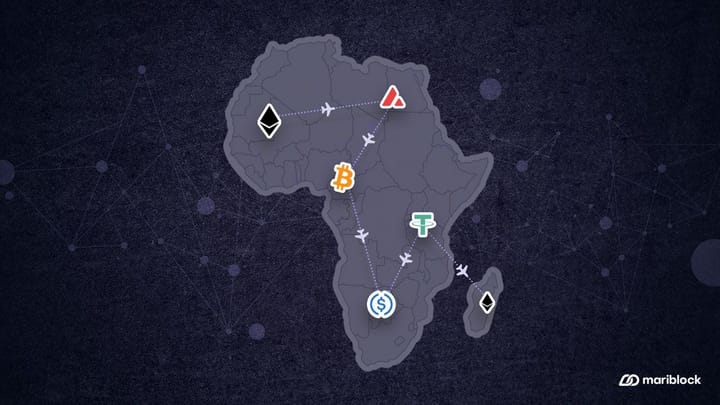🟠 More African crypto regulations
Plus: 🇰🇪 Worldcoin moves to resume operations in Kenya
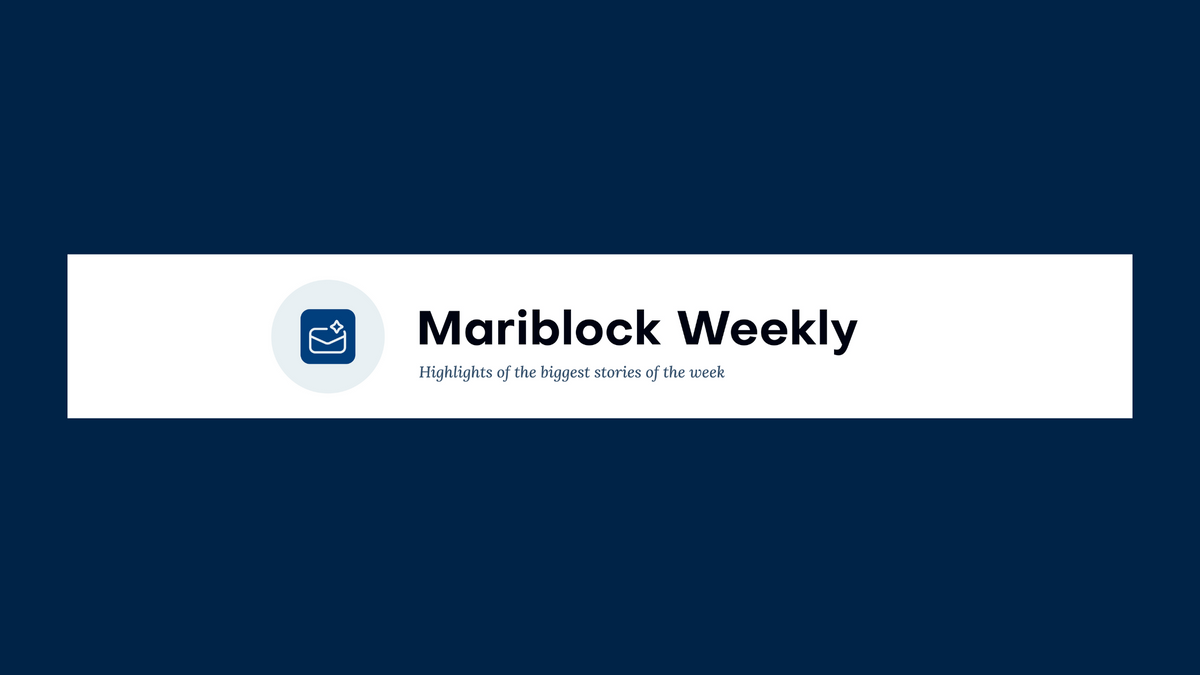
Oge here. I am here with updates on the most significant blockchain and digital assets stories that hit the ecosystem last week.
The big news: In the latest regulatory updates, Ghana and Angola hopped on the bandwagon last week, albeit at different speeds. Angola took the lead, officially passing a law to regulate virtual assets and cryptocurrency mining. Conversely, Ghana is warming up, having recently formed a committee to understand the crypto ecosystem and craft some regulations.
But hey, progress is progress, no matter the pace, right?
Oh, and word on the street is that the decentralized digital ID project, Worldcoin, might be staging a comeback in Kenya.
Let’s dive into the details.
Stay up-to-date with the latest blockchain developments in Africa
Ghana’s SEC sets up committee on crypto regulations
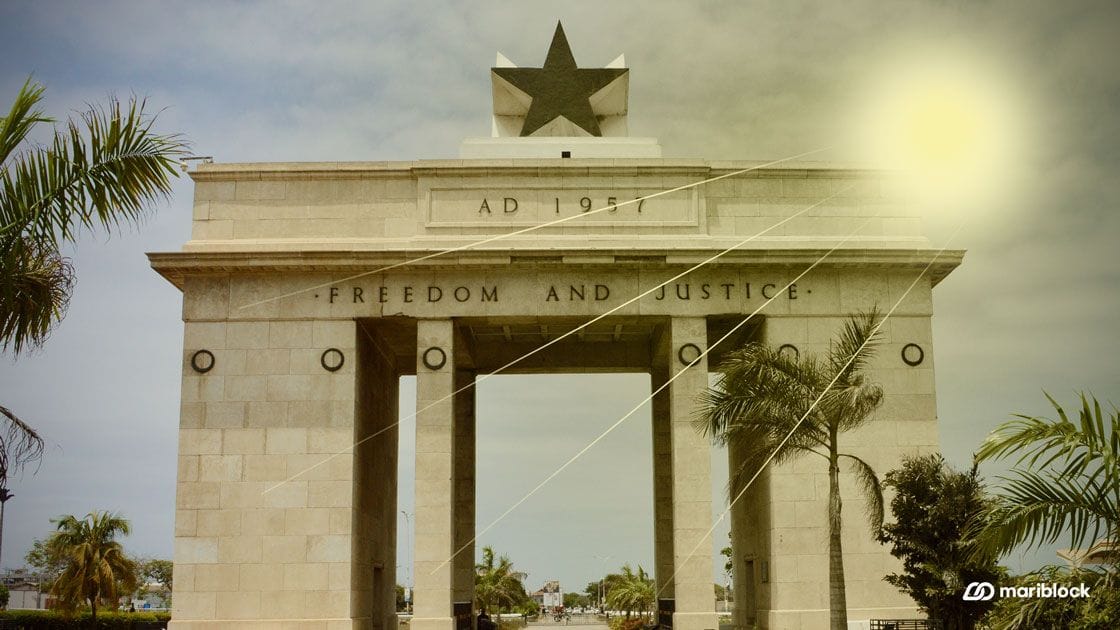
Topline: Last week, Ghana’s Securities and Exchange Commission (SEC) declared its intention to develop regulations for cryptocurrency. (Details)
- To achieve this, the SEC launched a task force to assist in building expertise and understanding of cryptocurrency.
Quick facts: The commission’s director-general, Daniel Ogbamey-Tetteh, announced this development at the Ghana capital market’s 2023 conference, which also doubled as its 25th anniversary.
- According to Ogbamey-Tetteh, the commission is keeping in line with directives from the International Organization of Securities Commissions (IOSCO), of which Ghana’s SEC is a member.
- He said IOSCO encouraged its members to stay on top of crypto assets to protect investors.
- Ogbamey-Tetteh added that the SEC formed the task force to help it develop the capacity to regulate crypto assets.
- He did not reveal the identities of the task force members, nor did he give a specific scope of the work they have been tasked to do.
Why this matters: Due to the novelty of the technology, regulators have often been accused of lacking a proper understanding of digital assets.
- In addition, a lack of comprehension of the nature of asset class has been named a barrier to formulating effective regulations.
- While many African countries are working on drafting regulations for digital assets, others, such as Kenya, have gone down the taxation route, introducing heavy and stifling taxes.
- Kenya only moved for proper regulations after these taxes had come into effect.
- Last month, the Kenyan parliament tasked the Blockchain Association of Kenya (BAK) with developing a draft bill regulating digital assets.
- Ghana’s SEC implied that the task force it has set up was to help it understand the crypto space and prepare itself for regulations.
Zoom out: Cryptocurrencies are banned in Ghana. Earlier this year, Ghanaian authorities reiterated this position, stating that the country’s financial institutions are instructed not to engage in crypto-related transactions.
Angola’s parliament passes law to regulate digital assets and crypto-mining
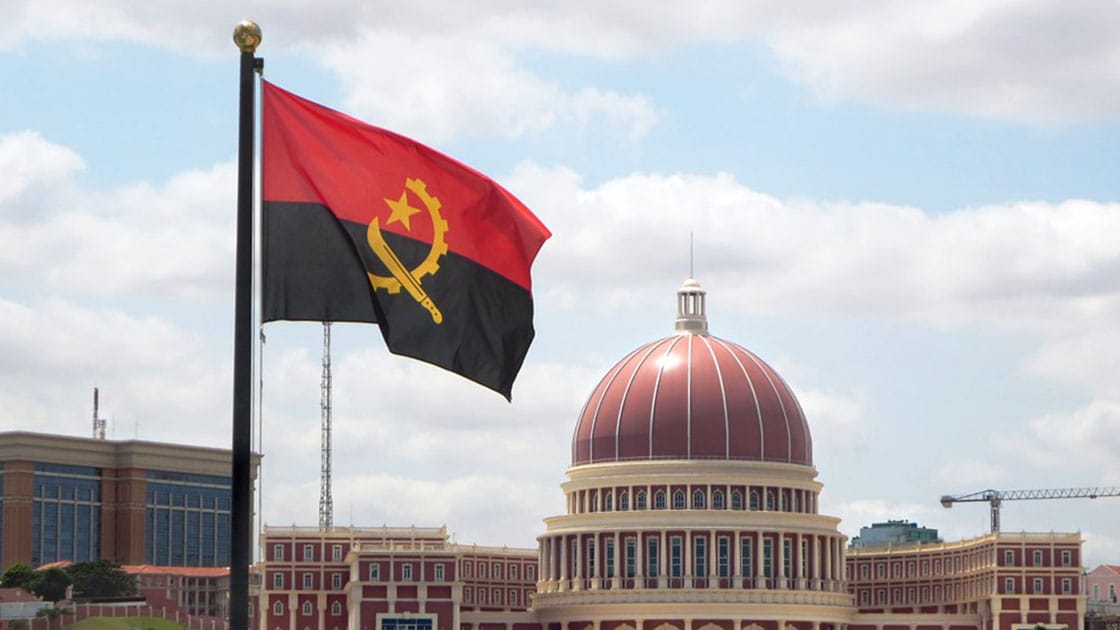
Topline: On the southern side of the continent, Angola has taken a proactive step in regulation. The country’s parliament has successfully passed a bill to regulate virtual assets and cryptocurrency mining into law. (Details)
The details: The bill, sponsored by the office of the president of Angola’s office, was unanimously passed and adopted by 167 members of parliament last Friday, Dec. 8.
- Angola’s secretary of state for finance and treasury, Otoniel dos Santos, said the law aims to protect Angolans and the country’s energy and financial systems.
- Dos Santos said the law was crafted based on past incidents threatening the country’s environmental stability and energy security.
FYI: Cryptocurrencies are not illegal in Angola, but authorities have warned against transacting with them and restricted financial institutions from dealing with the asset class.
- Also, the country sees more Bitcoin mining than most African nations, a reality that has triggered environmental and energy consumption concerns.
Before now: In August, the office of Angola’s president, through its minister of finance, proposed a bill to ban crypto mining and limit the circulation of digital assets not issued by the country’s central bank.
- The bill also sought to bring virtual assets under the country’s Capital Markets Commission (CMC) purview.
Expert view: Bitcoiner and founder of Angolan crypto exchange Yetubit, Manuel Euclides, told Mariblock that while he favors regulations, he fears the new law could hinder crypto adoption in the country.
- He said: “One of the reasons the government cites for banning cryptocurrency mining is the security of the national energy system and environmental protection, and I agree with the government on this … [but] If this law is approved, it will be a significant setback for the adoption of cryptocurrencies in Angola.”
Worldcoin moves to resume operations in Kenya
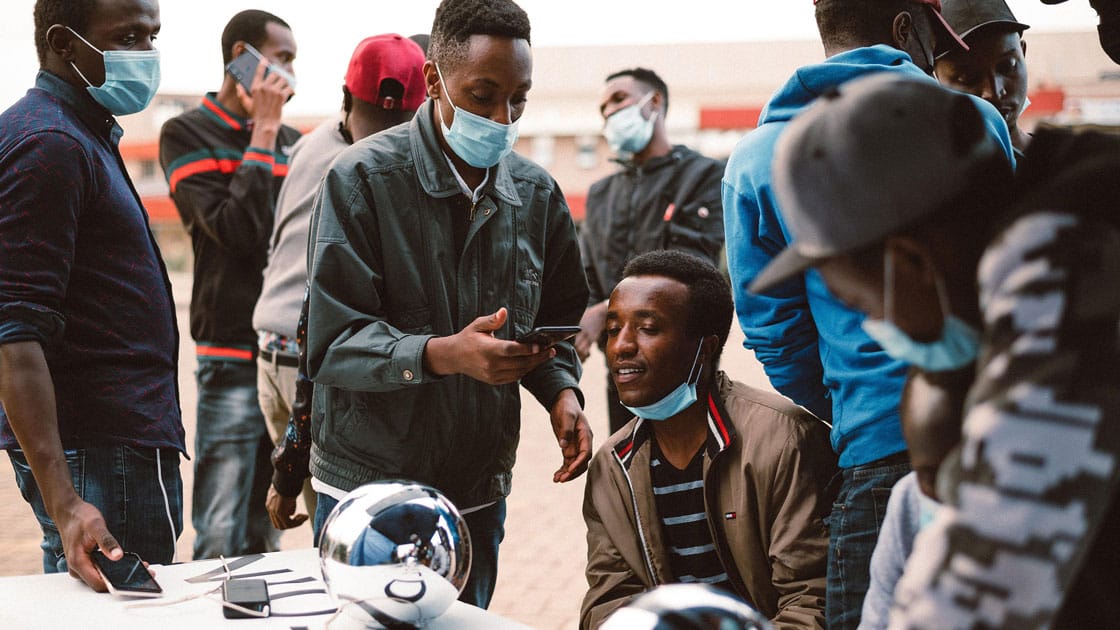
Topline: Worldcoin, the decentralized digital identification project, is currently in talks with the Kenyan government to resume operations under new guidelines. (Details)
- The controversial blockchain project was suspended in Kenya in August due to security and privacy concerns.
Dive in: According to Citizen Digital, an anonymous government source said an agreement had been reached to allow Worldcoin to resume operations in Kenya under new guidelines.
- While the specific guidelines remain unknown, the source indicated that operations will recommence in early 2024.
Key quote: The source said:
“Worldcoin is working directly with regulators to meet Kenya’s requirements, particularly as the Assembly considers new regulations. Stipends will remain and will expand to locations across the country.”
Before now: Worldcoin launched fully in Kenya in July and gained popularity with over 350,000 registrations in its first week.
- Controversies arose regarding the safety and privacy of the system, leading to warnings from Kenyan authorities.
- The Kenyan Ministry of Interior suspended Worldcoin and a parliamentary committee was formed to investigate the project.
- The committee was given 42 days to complete its investigations and submit a report.
- Following the investigations, the committee confirmed that the ODPC data controller certificate issued to the company earlier in April had been revoked.
Mariblock Insights: Fixing chargebacks in Nigeria with blockchain-powered payments
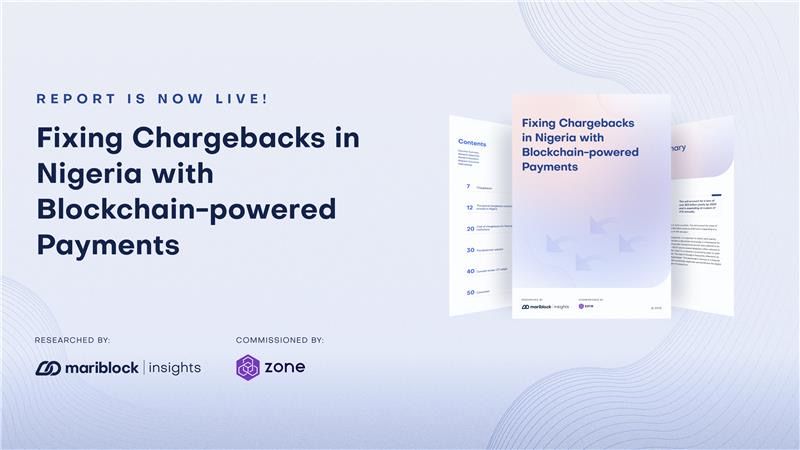
Topline: Technology has modernized financial transactions and revolutionized payment methods, simplifying and enhancing convenience for consumers. However, this progress has also facilitated fraudulent activities, including damaging chargeback frauds, affecting both online and local vendors.
- In our inaugural report, we explore this pressing concern in depth. We dissect the intricacies of chargebacks in Nigeria and shed light on blockchain technology’s transformative potential.
- This report was commissioned by the Nigerian blockchain company Zone Network. However, Mariblock Insights independently researched and produced the work.
- Click here to download the report.
Catch up

🇪🇹 Ethiopia set to make an “unnecessary and unfortunate” default on Eurobond repayment (Mariblock)
🌍 Fuse unveils $10 million in grants to enhance Web3 innovation (Mariblock)
🌍 How cryptocurrency is empowering global economic inclusion (Mariblock)
🌍 IMF calls for stricter rules for “risky” and “poorly-backed” crypto (Mariblock)
🇪🇬 Egypt’s journey towards digital pound implementation (Mariblock)
That’s it for this week.
See you next week.
Cheers,
Ogechi.


